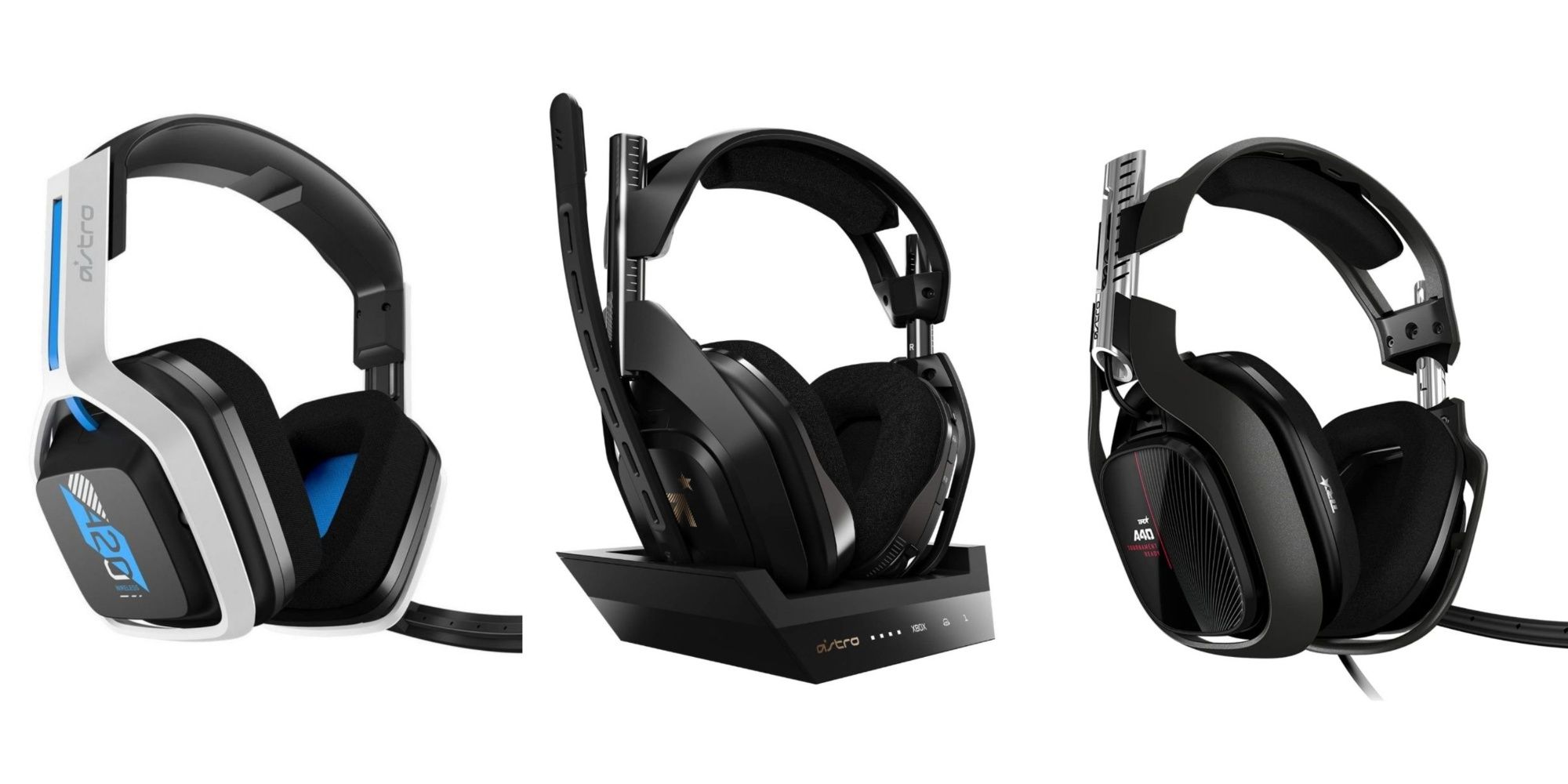Table of Contents
Introduction
When it comes to gaming, having the right equipment can make all the difference. One of the most essential pieces of gear is a good gaming headset. Not only does it enhance your gaming experience by delivering high-quality sound, but it also allows you to communicate clearly with your teammates. But with so many options on the market, how do you choose the best one? This guide will help you navigate through the essential features and considerations to find the perfect gaming headset for your needs.
Types of Gaming Headsets
Understanding the different types of gaming headsets is the first step in making an informed decision.
Wired vs. Wireless: Wired headsets typically offer more reliable sound quality and don’t require charging. Wireless headsets provide more freedom of movement but need regular charging and can sometimes suffer from latency issues.
Surround Sound vs. Stereo: Surround sound headsets (7.1 or 5.1) offer an immersive experience by simulating directional audio. Stereo headsets provide good sound quality but lack the spatial awareness that surround sound offers.
Key Features to Look For
When choosing a gaming headset, there are several key features to consider:
Sound Quality: This is arguably the most important factor. Look for headsets with high-quality drivers that deliver clear and precise audio.
Microphone Quality: A good microphone is crucial for communication in multiplayer games. Ensure the mic has noise-cancellation features to filter out background noise.
Comfort and Fit: Gaming sessions can last for hours, so comfort is key. Look for headsets with ample padding and adjustable headbands.
Durability: A well-built headset will last longer and withstand the rigors of regular use.
Sound Quality
Drivers and Audio Fidelity: Larger drivers typically offer better sound quality. Look for headsets with 40mm or larger drivers for a richer audio experience.
Surround Sound: Surround sound headsets (7.1 or 5.1) can provide a more immersive gaming experience by simulating directional audio, which is great for identifying in-game cues like footsteps.
Noise Isolation and Cancellation: Noise isolation helps block out external noise, while active noise cancellation (ANC) uses technology to cancel out background sounds for a clearer audio experience.
Microphone Quality
Types of Microphones: Omnidirectional mics pick up sound from all directions, while unidirectional mics focus on your voice and reduce background noise.
Noise Cancellation: This feature is essential for clear communication, especially in noisy environments.
Detachable vs. Retractable Mics: Detachable mics offer flexibility and can be removed when not needed, while retractable mics can be tucked away into the headset when not in use.
Comfort and Fit

Ear Cup Design: Over-ear cups provide better noise isolation and comfort for long gaming sessions, while on-ear cups are lighter and more portable.
Padding Material: Look for memory foam or other high-quality padding materials for maximum comfort.
Adjustability and Weight: Adjustable headbands and lightweight designs can significantly improve comfort during extended use.
Durability and Build Quality
Materials Used: High-quality materials like metal and durable plastic can extend the lifespan of your headset.
Cable Quality for Wired Headsets: Look for braided cables, which are more durable and less prone to tangling.
Battery Life for Wireless Headsets: Consider the battery life of wireless headsets, ensuring they can last through your longest gaming sessions without needing a recharge.
Additional Features

RGB Lighting: While not essential, RGB lighting can add a cool aesthetic to your gaming setup.
Software Customization: Some headsets come with software that allows you to customize audio settings, EQ profiles, and more.
Compatibility with Different Platforms: Ensure the headset is compatible with your preferred gaming platforms, whether it’s PC, console, or mobile.
Price Range and Budget Considerations
Gaming headsets come in a wide range of prices, so it’s important to find one that fits your budget.
Entry-Level Headsets: These are typically under $50 and offer basic features suitable for casual gamers.
Mid-Range Options: Priced between $50 and $150, these headsets offer a good balance of quality and features.
Premium Headsets: These can cost $150 or more and offer top-of-the-line features and build quality for serious gamers.
Popular Gaming Headset Brands
Several brands are known for producing high-quality gaming headsets:
Logitech: Known for their durable and feature-rich headsets. check out this article where we reviewed Logitech G432
Razer: Offers a wide range of headsets with excellent sound quality and stylish designs.
SteelSeries: Known for their comfortable and high-performance headsets.
HyperX: Offers reliable and affordable headsets with great sound quality.
Corsair: Known for their robust build quality and advanced features.
Setting Up Your Gaming Headset
Once you’ve chosen your headset, proper setup is essential for optimal performance.
Connecting to Different Devices: Follow the manufacturer’s instructions to connect your headset to your PC, console, or mobile device.
Adjusting Audio Settings for Optimal Performance: Use the software provided by the manufacturer or built-in audio settings on your device to fine-tune the sound.
Maintaining Your Gaming Headset
Proper maintenance can extend the life of your headset.
Cleaning and Care Tips: Regularly clean the ear cups and microphone with a soft cloth. Avoid using harsh chemicals.
Storing Your Headset Properly: Store your headset in a cool, dry place. Use a headset stand to prevent damage.
Common Issues and Troubleshooting
Even the best headsets can encounter issues. Here’s how to troubleshoot common problems:
Fixing Sound Problems: Ensure all connections are secure and check audio settings on your device.
Microphone Issues and Solutions: If your microphone isn’t working, check the mute settings and ensure the mic is properly connected.
User Reviews and Recommendations
Before making a purchase, consider what other users have to say.
Analyzing User Feedback: Look for reviews on reputable sites to see how the headset performs in real-world scenarios.
Recommended Headsets for Different Needs: Based on user reviews, you can find headsets that are best suited for specific gaming needs, like FPS games or VR gaming.
Conclusion
Choosing the best gaming headset involves considering several factors, including sound quality, comfort, and durability. By understanding these features and knowing what to look for, you can find a headset that enhances your gaming experience and keeps you immersed in your favorite games. So, take your time, do your research, and invest in a headset that meets your needs.
FAQs
What is the best gaming headset for under $100?
There are several great options, including the HyperX Cloud Stinger and the Logitech G432, which offer excellent sound quality and comfort without breaking the bank.
Can I use a gaming headset with my console and PC?
Yes, many gaming headsets are compatible with multiple platforms. Check the specifications to ensure compatibility with your devices.
How do I know if a headset is comfortable?
Look for reviews that mention comfort, and consider features like padding, adjustability, and weight. Trying the headset on, if possible, is the best way to determine comfort.
Do I need a surround sound headset for gaming?
While not essential, a surround sound headset can enhance your gaming experience by providing directional audio cues, which can be particularly beneficial in FPS games.
How often should I clean my gaming headset?
Regular cleaning, at least once a month, can help maintain your headset’s performance and hygiene. Be sure to follow the manufacturer’s cleaning instructions.



